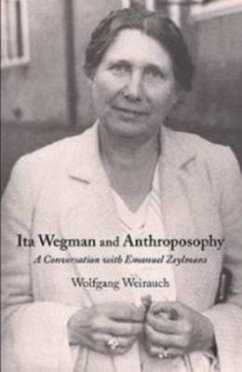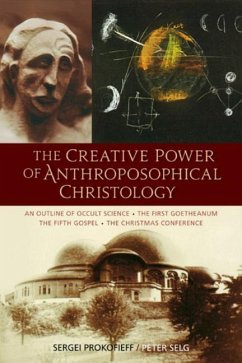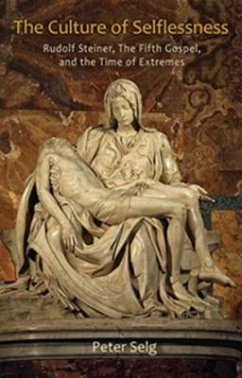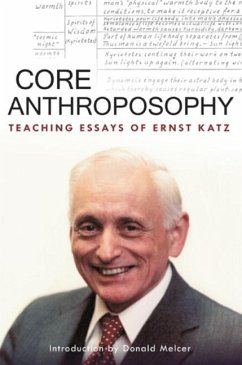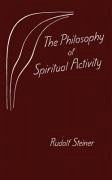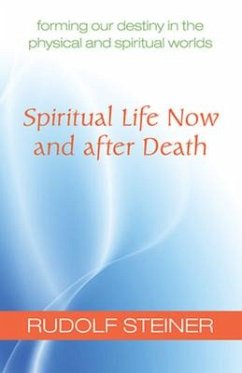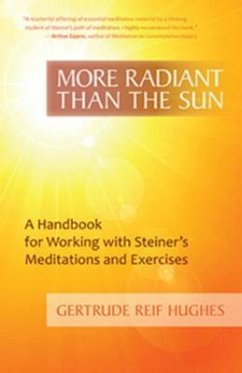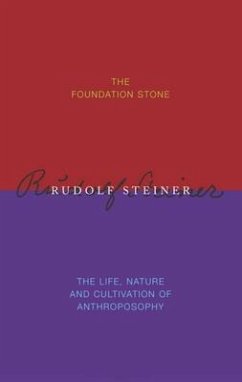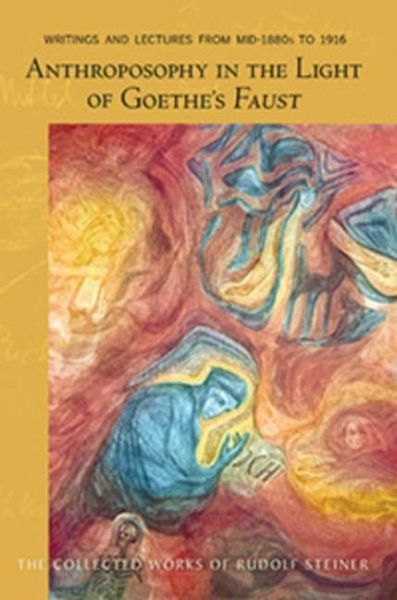
Anthroposophy in the Light of Goethe's Faust
Volume One of Spiritual-Scientific Commentaries on Goethe's Faust (Cw 272) Volume 272
Übersetzer: Channer, Burley
Versandkostenfrei!
Versandfertig in über 4 Wochen
26,99 €
inkl. MwSt.

PAYBACK Punkte
13 °P sammeln!
Beginning with ten short extracts that span twenty years (from the 1880s to 1909), the first lecture sets the tone--Goethe sought spiritual science, Faust is the record of his striving, and we are led to see how Goethe's great drama is filled with embryonic insights that developed and became Anthroposophy. This theme is then developed, in lecture after lecture, with ever-deepening focus. Whether it is a question of the spiritual nature of matter, the reverence for truth and knowledge, reincarnation, the Mystery of Golgotha, evil, the nature of the elemental world, aesthetics, the challenge of ...
Beginning with ten short extracts that span twenty years (from the 1880s to 1909), the first lecture sets the tone--Goethe sought spiritual science, Faust is the record of his striving, and we are led to see how Goethe's great drama is filled with embryonic insights that developed and became Anthroposophy. This theme is then developed, in lecture after lecture, with ever-deepening focus. Whether it is a question of the spiritual nature of matter, the reverence for truth and knowledge, reincarnation, the Mystery of Golgotha, evil, the nature of the elemental world, aesthetics, the challenge of our times, human destiny and the nature evolution, these lectures show Goethe as the great initiate and develop Anthroposophy--Spiritual Science--in a profoundly esoteric light.




